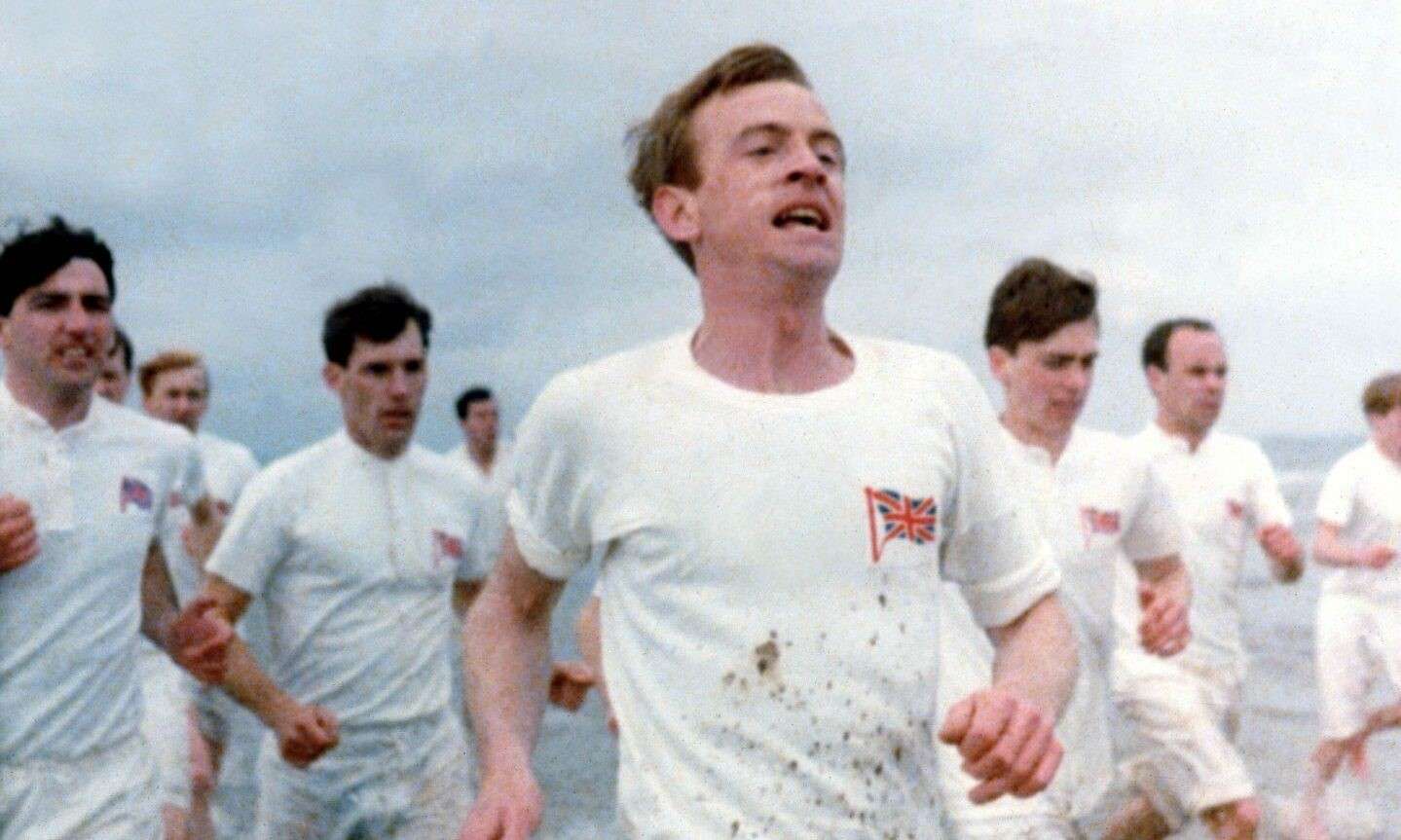In the next few weeks, there will be much talk of “disaster” and “tragedy” in some newspapers if participants at the Olympic Games drop a relay baton or fail to reach their personal best. In truth, such words should not be employed when talking about sport and certainly not as the Games return to Paris 100 years after Scotland’s Eric Liddell took his principled stand not to compete on a Sunday due to his devout religious beliefs. It might have cost him one or even two gold medals – but Liddell, an Edinburgh University graduate, who also represented his country on the rugby field in dynamic fashion, was adamant about his priorities as a missionary whatever the cost. And he still stuck to them 20 years later when he sacrificed himself during the Second World War to save the life of a pregnant woman.
The Scottish all-round sporting star was one of the greatest of his generation and his story was captured in the Oscar-winning film, Chariots of Fire, directed by David Puttnam, which featured the magical music of Vangelis and the famous scene where athletes trained on the beach at St Andrews.
And, though it’s nearly 80 years since he died at just 43, his strong principles will be celebrated once again when the Olympic torch is lit and the world stops for a fortnight to pay attention. In the film, which took a few liberties with the truth, Liddell was boarding a boat to the 1924 Paris Olympic Games when he discovered the qualifying heats for the 100m sprint, were scheduled for Sunday. As a Christian, he had known the schedule for months in advance and decided not to take part in the 100m, the 4×100m relay and the 4×400m relay because they all required running on a Sunday. Sections of the press were livid and even described his decision as “unpatriotic”, but Liddell devoted his training to the 200m and the 400m, races that would not require him to break the Sabbath. And, once he was in the thick of the action, he rose to the occasion, winning a bronze medal in the 200m and then, memorably, surging to the 400m title in a world-record time.
Crowning moment in sport

On the morning of the final, July 11 1924, Liddell was handed a folded square of paper by one of the team masseurs. Reading it later, he found the message: “In the old book it says: ‘He that honours me I will honour.’ Wishing you the best of success always.”
Recognising the Biblical reference, Liddell was profoundly moved that someone other than his coach believed in him and the stance he had taken. The pipe band of the 51st Highland Brigade played outside the stadium for the hour before he ran. The 400m had long been considered a middle-distance event in which runners raced round the first bend before coasting down the back straight. However, inspired by the message, and deprived of a view of the other runners because he drew the outside lane, Liddell raced the whole of the first 200 metres to be well clear of the Americans. It was his crowning moment in sport. But there were plenty of other things in his life.
After quitting athletics, Liddell returned to China, where he had been born, to continue his family’s missionary work. He died there in 1945 in a Japanese internment camp. Under a prisoner-exchange deal, he could have left the camp, but relinquished this opportunity so the pregnant woman could go in his place. In his last letter to his wife, written on the day he died, Liddell talked about suffering a nervous breakdown. He had an undiagnosed brain tumour; and the cumulative impact of overwork and malnourishment hastened his death. One of his colleagues later wrote: “The entire camp, especially its youth, was stunned for days, so great was the vacuum that Eric’s death had left.” That’s real heroism and his demise was a genuine tragedy. But Eric Liddell’s name will live forever in Scotland’s sporting lore.
Text by Neil Drysdale.
Main photo: The iconic St Andrews beach run scene in the 1981 film Chariots of Fire.

